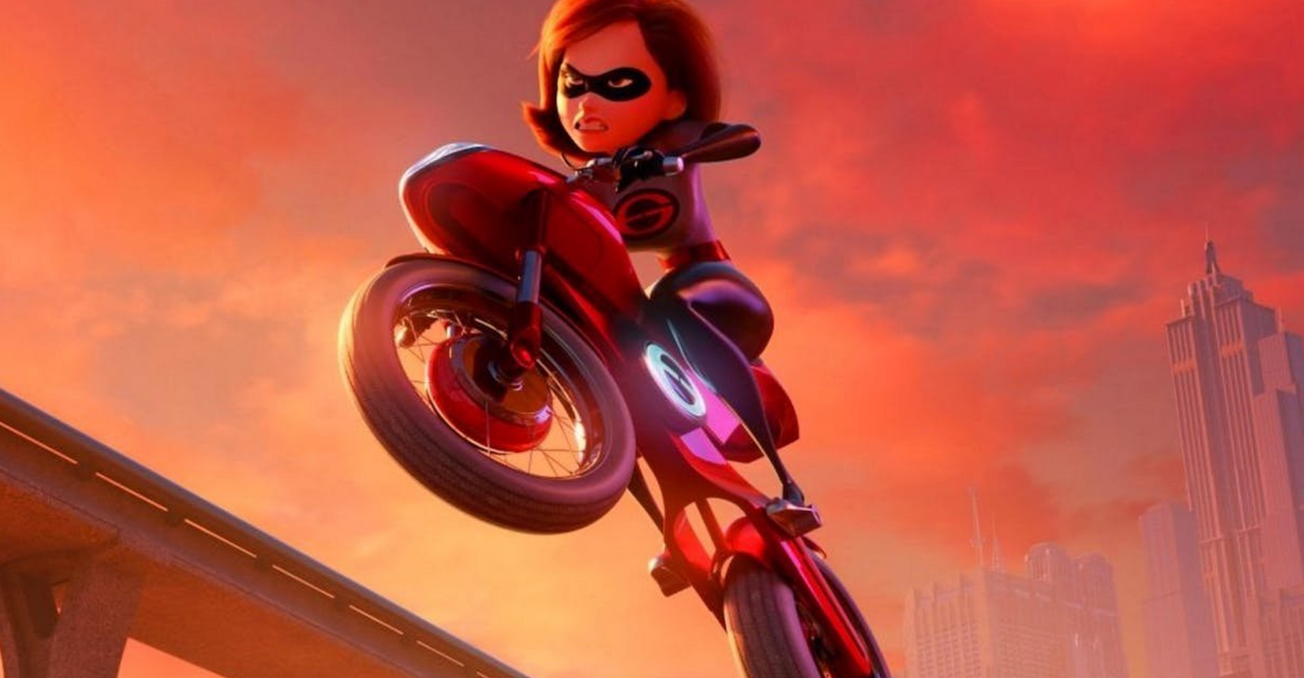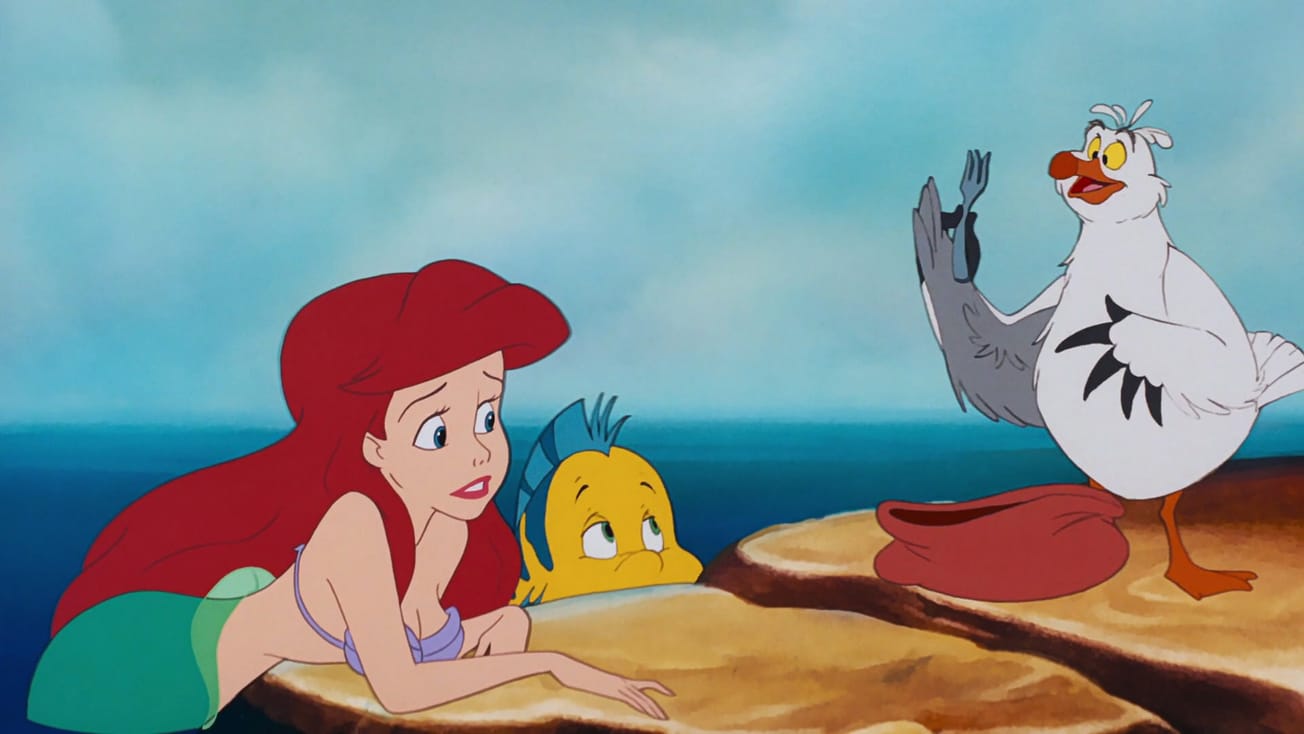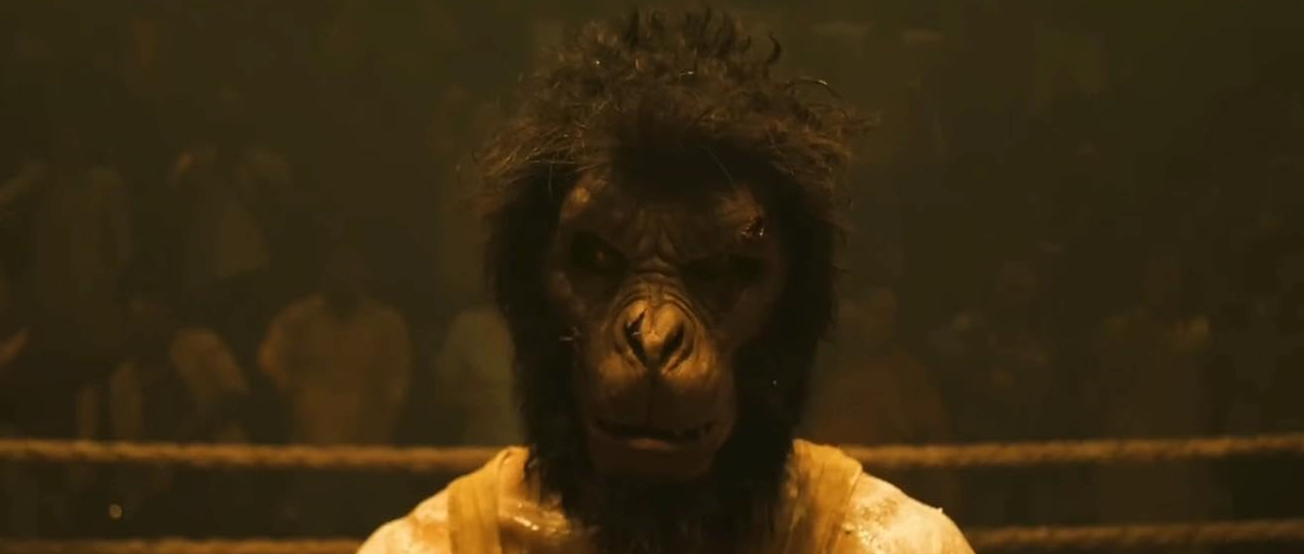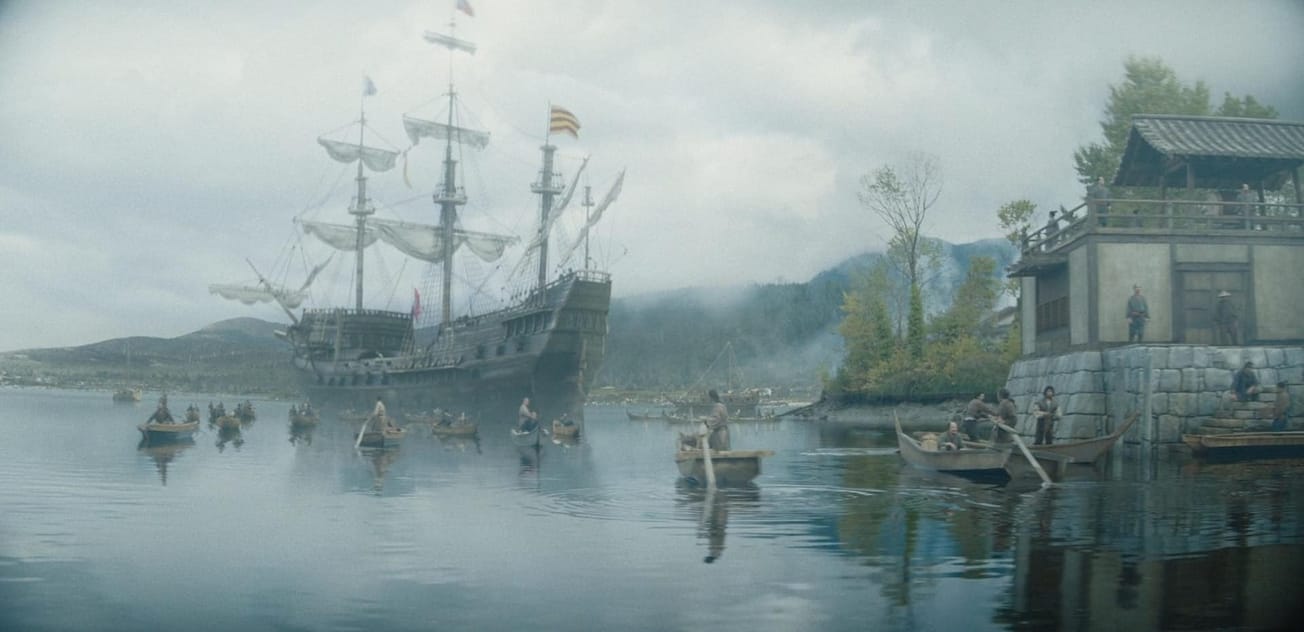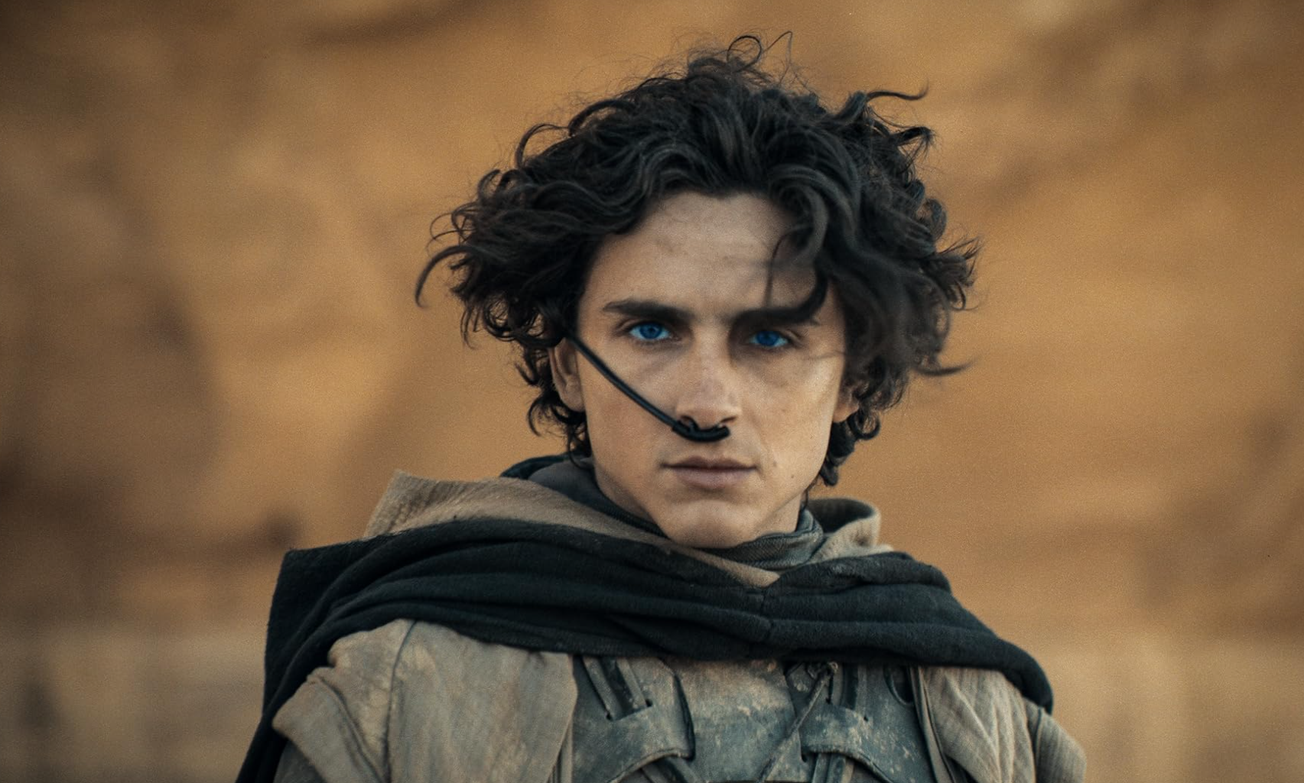With the roles of saving the world and parenting reversed in this sequel, the world rejoiced the limelight for a female superhero. Danny Shaw discusses the depth of its support for feminism.
After thoroughly enjoying The Incredibles 2, I was interested to hear other people’s reactions to this year’s headline animation, specifically regarding its feminism.
Presumably on a break from tuna-fishing, @JonWest56 cast this line on Twitter:
‘Tried to relive my childhood by seeing Incredibles 2 yesterday. The movie would have been fine if there wasn’t an agenda. Very modern feminist movie. Leave politics out of cartoons and children’s movies.’
And in accordance with his probable intention, I have bitten on his line.
Whilst Mr West’s tweet is ridiculous for many reasons, it does provoke interesting discussion. The question of whether kids’ films should or should not have agendas is simple to answer- the inclusion of politics in any film is inevitable and unavoidable. Any piece of art will to a certain degree, reflect the contexts and concerns of the time in which it was created. There are environmentalist views in Finding Nemo (2003) and Ice Age: The Meltdown (2006), there are Nazis in The Sound of Music (1965) and fears of totalitarianism in Star Wars, and now, there is feminism in Frozen (2013), Brave (2012), Tangled (2010), and now, The Incredibles 2.
"Incredibles 2 is a bad movie because it has a feminism political agenda!"
— Crimson Mayhem (@mayhem_crimson) July 10, 2018
So by that logic, the first Incredibles film is bad as well because it also had political undertones...
DO YOU SEE HOW HYPOCRITICAL THESE DETRACTORS ARE!? pic.twitter.com/qQPryKJsDP
Anna Smith, writing for the Guardian, responded to our favourite tweeting seaman, saying that The Incredibles 2 merely reflects ‘real world gender dynamics’. Smith cites the centrality of Elastigirl, the success of Edna Mode in the fashion world, the grey-haired female ambassador who receives no comment on her gender and Mr Incredible’s rebirth as a house-husband, to substantiate her claim that the new Pixar film’s ‘feminist cape is streaming proudly’.
But, as Edna Mode prophesied with her famous line, ‘No capes!’, the film’s own ‘feminist cape’ merely gets caught up in the jet engine of its plot.
Elastigirl (a character whose physical appearance seems designed only to fulfil the whimsical, sexual desires of that nerdy guy sat behind you, heavily breathing in the cinema) takes centre-stage, rides motorbikes, stops trains, defeats villains, but ultimately she fails her mission and ends up a helpless damsel in distress, in need of rescuing.
WE WATCHED INCREDIBLES 2 THAT WAS LITERALLY FEMINISM: THE MOVIE
— ΔΠΠΔ (@Moxagita) June 17, 2018
Mr Incredible finds himself an emasculated househusband who struggles to accept his wife’s higher status. He only succeeds in this new function of ‘main parent’ insofar as his children don’t die. He consistently exhibits his inability to parent Jack-Jack, Violet and Dash, eventually reaching out to Edna Mode (who fittingly is female and therefore ABLE to carry out domestic tasks) to help him cut corners and essentially learn to control his baby with an iPad. Mr Incredible’s solution to his ineffectual parenting style is to simplify the task with technology, jarring with the fact that the film generally discusses the potentially negative aspects of the digital age.
Obviously the more androgynous female, the brains behind her brother’s company and the most culturally-divergent character in the film, Evelyn Deavor, is the evil puppet-master behind ‘Screenslaver’.
If this wasn’t enough, Violet’s happiness rests on a completely uninspiring male character over whom she obsesses.
On top of this, Anna Smith also draws attention to the picture’s underrepresentation of women. There are 3 male characters on screen for every female, and 10 men for every woman employed in the animation team.
Whilst it is clear that the film exhibits an attempt to keep up with the times, its effect is only to re-establish outdated gender stereotypes and to demonstrate that Pixar is still a male-dominated world.
Maybe I am being overly-critical, but I believe that cinema should push the boundaries, rather than be dragged along by contemporary thought and produce reactionary, half-hearted whimpers of support for modern day issues. The Incredibles 2 marks a step in the right direction for animated film but fails to achieve any real success in portraying equal gender roles and relationships.
Editor’s note: For more statistics and reports of diversity in film, the Annenberg Inclusion Initiative is a fantastic resource based in LA. Twitter: @Inclusionists.
Featured image: Twitter / @YellowScopeGirl

